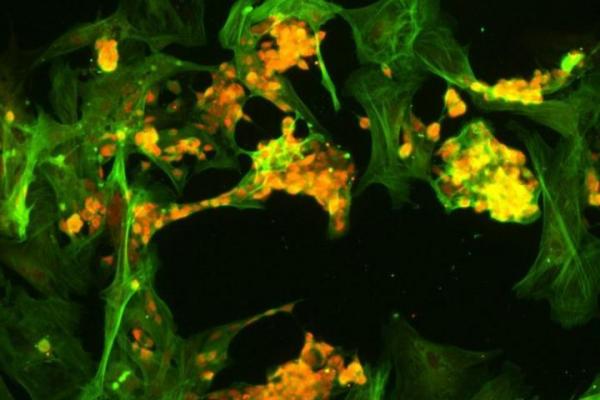
LOS ANGELES, April 15 — Researchers found a combination of chemotherapy and a protein inhibitor improves the outcome of children with retinoblastoma, according to a recent study.
Inhibiting the protein YM155, which prevents the process of cell death, made chemotherapy more effective against cancer cells in the lab and when treating mice with the cancer, researchers at the Children’s Hospital of Los Angeles report in the study.
Retinoblastoma is the most common eye cancer among children, and is often treated with chemotherapy depending on the size and location of tumors.
“Our study shows proof of concept, that we can enhance chemotherapeutic approaches to retinoblastoma while using the same dosage,” Dr. Charles Gomer, a researcher at Children’s Hospital Los Angeles and a professor at the University of Southern California, in a press release.
For the study, published in the journal PLOS ONE, researchers tested the effects of YM155 on cancer cells that had been treated with either of the chemotherapy drugs carboplatin or topotecan, or radiation.
In cells exposed to any of the three chemotherapies, the protein survivin, which inhibits apoptosis — the process of cell death — was unaffected. After researchers combined cancer treatment with YM155 to inhibit the protein’s expression, signs of apoptosis could be detected in the cells.
The combination therapy was then tested on tumors in mouse eyes, with YM155 enhancing cell death and prolonging the effects of cancer treatments on the tumors.
“We’re hopeful that following additional preclinical studies that this combination therapy will offer better outcomes to children with retinoblastoma and perhaps the possibility of reduced chemotherapy, reducing long-term adverse effects,” Gomer said.
[Source:- UPI]



